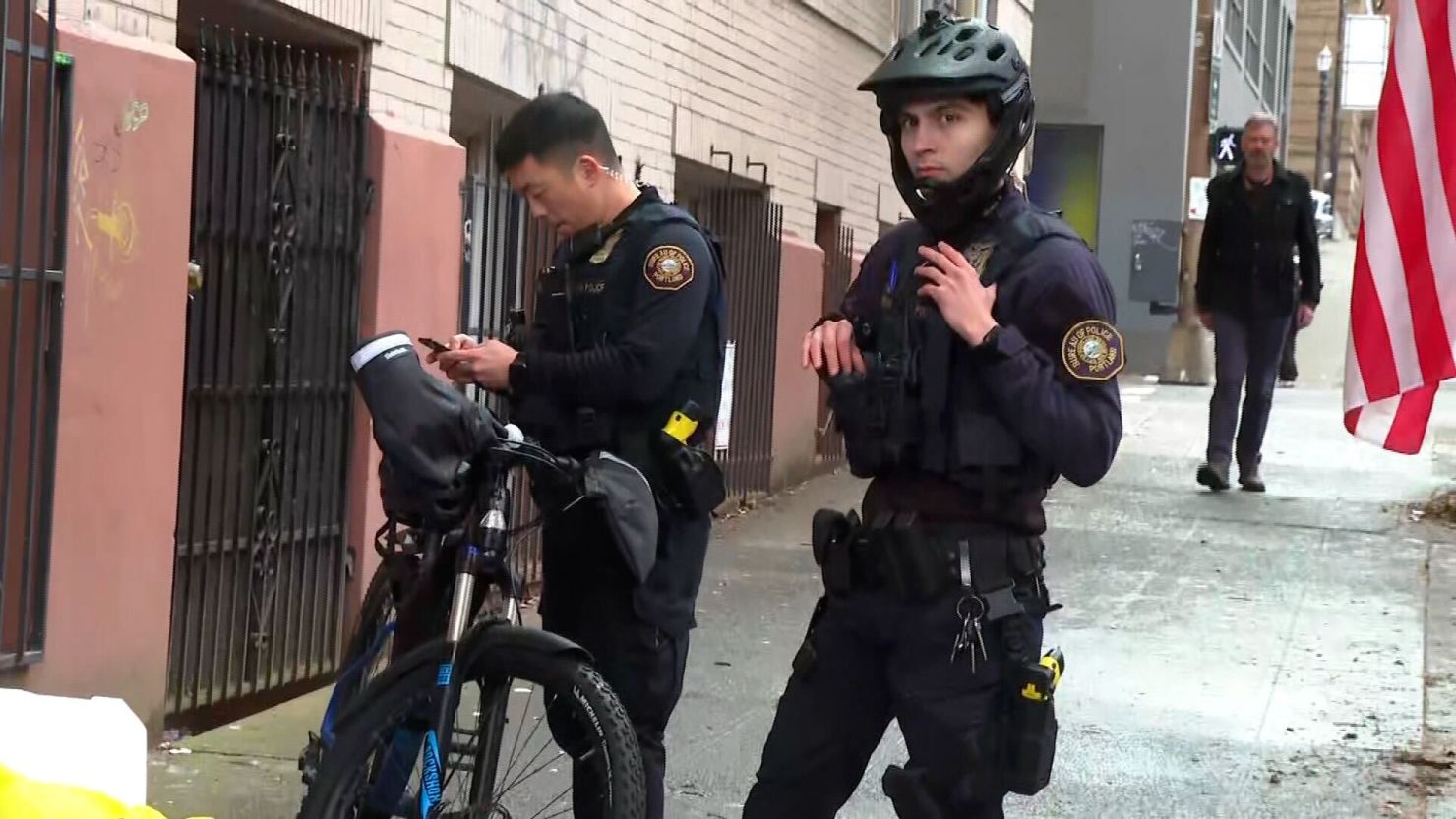Lawmakers in Oregon have overwhelmingly passed a bill that would make possession of a small amount of certain drugs a misdemeanor in the state, moving to re-criminalize substances like fentanyl roughly three years after the state became the first in the nation to de-criminalize the possession and personal use of all drugs.
The measure, HB4002, now goes to Democratic Gov. Tina Kotek’s desk for her consideration. Kotek has not publicly said whether she supports the measure, though in late January the governor joined local officials in declaring a fentanyl state of emergency in downtown Portland.
Asked about the governor’s next steps regarding the legislation, Kotek’s office did not indicate whether she would sign it but said any changes to Measure 110 “would have to pass the balancing test of concrete, measurable improved outcomes for individuals who are struggling with addiction and accountability.”
Under the measure, offenders could face up to six months in jail, or, in place of criminal penalties, elect to undergo drug treatment.
The legislation passed both chambers this week with bipartisan support. The state Senate approved the bill Friday in a 21-8 vote after it had cleared the state House the night before, 51-7.
In 2020, Oregon voters moved to decriminalize various hard drugs – including the potent synthetic opioid fentanyl, as well as heroin, cocaine and methamphetamine – when Measure 110 passed with 58.5% of the vote. It took effect in February 2021.
Under the voter-approved measure, possession of small amounts of the drugs was no longer punishable by jail time and carried penalties more akin to a traffic ticket. It also expanded access to addiction assistance and other health services.
While an early study suggests there was no link between Measure 110 and fatal overdoses in Oregon after one year, critics of the ballot initiative have continued to blast its enactment, blaming it for the fentanyl crisis and climbing overdose deaths that followed.
“You look at what has happened: open fentanyl, open drugs on the streets,” said Republican state Rep. Jeff Helfrich, adding, “(Measure) 110 is an unmitigated disaster.”
As such, backers of HB4002 celebrated the step toward rolling back aspects of the state’s previous decriminalization effort Friday.
“Though lawmakers will have much more to do in future sessions to continue making progress on the fentanyl-fueled drug overdose and addiction crisis facing our state, I was proud to stand on the right side of history by casting my vote in favor for HB 4002,” Senate Republican leader Tim Knopp said in a statement.
“Passing this bill will put Oregon on a path to recovery and signifies and end to the nationwide decriminalization movement,” he added.
The bill’s critics, meanwhile, have argued that re-criminalization would disproportionately harm communities of color.
“It is not enough to monitor the system when we know it is a system that has bias built into it,” said Jennifer Parrish Taylor, the director of advocacy and public policy at Urban League of Portland. “I fear that we will be back next year, hearing those stories of harm, figuring out how to make our communities whole.”
This story has been updated with additional details.





